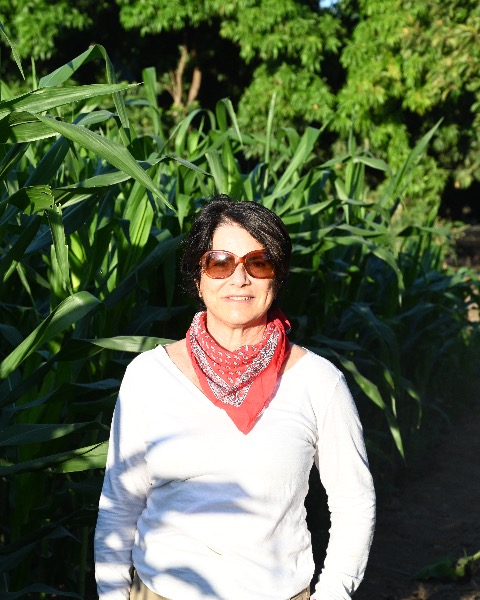Section Symposium
Plant-Insect Ecosystems
Ecological and Evolutionary Consequences of Plant Domestication on Multitrophic Interactions
The domestication of squash: Consequences for plant defense and trophic interactions
Wednesday, November 8, 2023
9:15 AM - 9:35 AM ET
Location: Gaylord National Resort & Convention Center, Maryland A

Betty Benrey (she/her/hers)
Professor
University of Neuchatel
Neuchatel, Neuchatel, Switzerland- CJ
Charlyne Jaccard (she/her/hers)
University of Neuchatel
Neuchatel, Neuchatel, Switzerland
Presenting Author(s)
Co-author(s)
While it is often assumed that domesticated crop plants have reduced chemical and physical defense compared to their wild counterparts, recent studies have shown that this is not always the case, and a decrease in defensive traits, does not necessarily lead to increased insect performance. We investigated how the domestication of squash has affected the chemical defenses and the interactions with herbivores and their natural enemies. The results indicate that domesticated varieties contained virtually no cucurbitacins and showed low expression of genes involved in the synthesis of these toxic defense compounds. Root feeding beetle larvae strongly preferred to feed on high-cucurbitacin roots of wild squash which negatively affected the development of the generalist, but not that of the specialist. Surprisingly, the generalist herbivore transformed and sequestered the toxins, but unexpectedly, this offered no protection against natural enemies. The findings suggest that domestication of squash results in tissue-specific suppression of defences, making cultivars less attractive to co-evolved herbivores. Additionally, our results challenge the generalized assumption that sequestered cucurbitacins protect herbivores against natural enemies.

.png)
